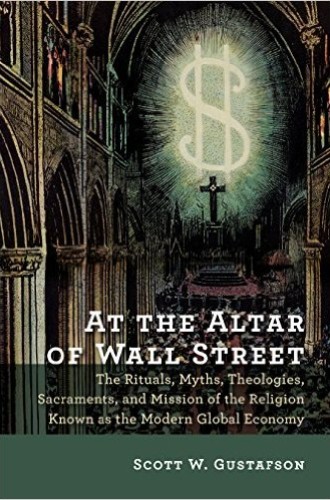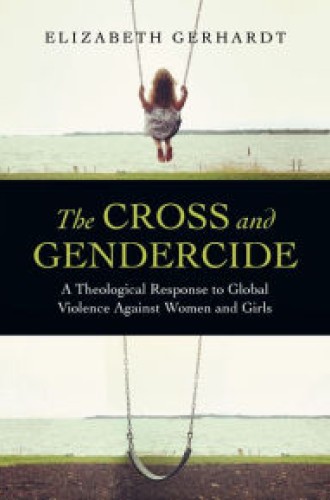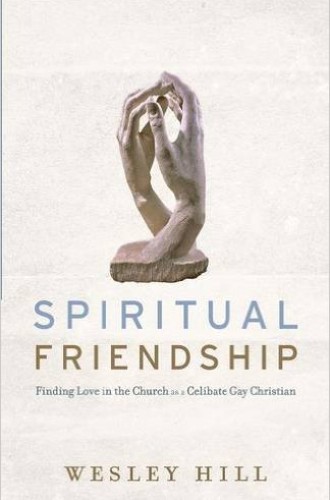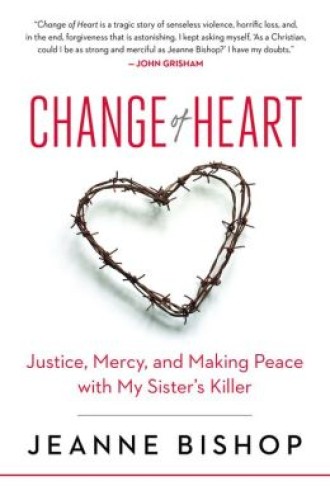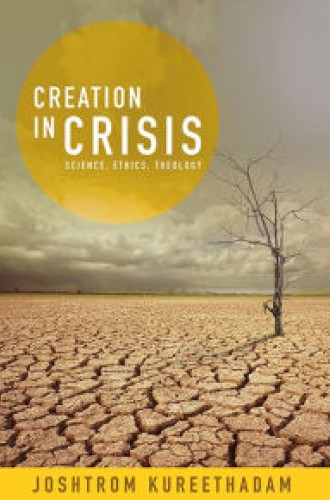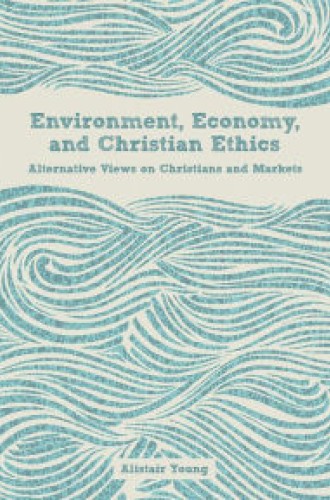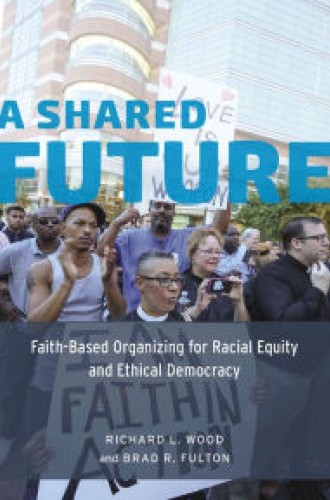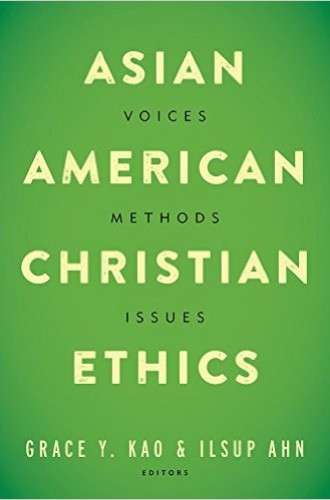Ethics
At the Altar of Wall Street: The Rituals, Myths, Theologies, Sacraments, and Mission of the Religion Known as the Modern Global Economy, by Scott W. Gustafson. Money has become a kind of god and our relationship to it a kind of worship, replete with liturgical orderings and sacramental offerings. Gustafson incisively lays bare our faith that capitalism will simultaneously make us rich and save us from the moral and material excesses of those riches. Placing our life with money in the larger economy of God, he shows how the smaller economies that dictate our daily lives are either worshipful or idolatrous.
The Cross and Gendercide: A Theological Response to Global Violence against Women and Girls, by Elizabeth Gerhardt. This much-needed work uses research data, individual stories, and short histories to explain how domestic violence, sexual assault, female circumcision, and murder continue to determine the lives of millions of women and girls throughout the world. Drawing on Martin Luther and Dietrich Bonhoeffer, Gerhardt situates this violence in its particularity and locates Christ as present with these women and girls in empowering ways. The book’s Lutheranism grants it both an unflinching look at gendered violence and an uncompromising commitment to its eradication.
Spiritual Friendship: Finding Love in the Church as a Celibate Gay Christian, by Wesley Hill. Hill examines the conditions necessary for gay and lesbian Christians to live faithfully celibate lives: namely, the church as a community that offers lifelong companionship for married and unmarried people alike. He believes that gay and lesbian Christians are called to celibacy, and that if they are to live into their vocations, the church needs to pony up. While this book will likely be appropriated to one side of the debates around gay marriage, it is most basically a surprisingly powerful portrayal of friendship—with all that it demands and all that it promises.


